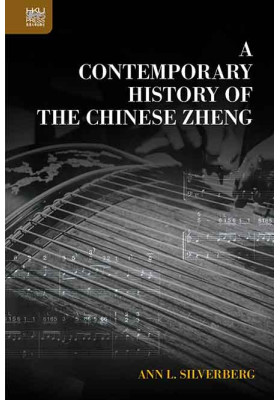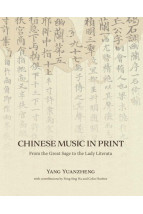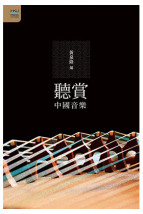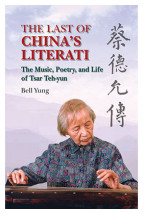A Contemporary History of the Chinese Zheng
(中國古箏當代史)
ISBN : 978-988-8754-34-2
December 2022
252 pages, 6″ x 9″, 4 b&w illus.
- HK$700.00
Ebooks
Also Available on
A Contemporary History of the Chinese Zheng traces the twentieth- and twenty-first-century development of an important Chinese musical instrument in greater China.The zheng was transformed over the course of the twentieth century, becoming a solo instrument with virtuosic capacity. In the past, the zheng had appeared in small instrumental ensembles and supplied improvised accompaniments to song. Zheng music became a means of nation-building and was eventually promoted as a marker of Chinese identity in Hong Kong. Ann L. Silverberg uses evidence from the greater China area to show how the narrative history of the zheng created on the mainland did not represent zheng music as it had been in the past. Silverberg ultimately argues that the zheng’s older repertory was poorly represented by efforts to collect and promote zheng music in the twentieth century. This book contends that the restored “traditional Chinese music” created and promulgated from the 1920s forward—and solo zheng music in particular—is a hybrid of “Chinese essence, Western means” that essentially obscures rather than reveals tradition.
“Ann Silverberg’s book provides a history of the Chinese zheng zither, with a focus on the rise of solo music since the mid-twentieth century across the three sites of mainland China, Hong Kong, and Taiwan. Existing English-language studies mostly omit consideration of Hong Kong and Taiwan, so this account enriches current perspectives on the multiplicities of Chinese musical history and identity.”
—Jonathan Stock, University College Cork, Ireland
“Professor Ann Silverberg’s insights and approach are long awaited in the studies of Chinese music. I am particularly impressed by her coverage of the situation in Hong Kong and Taiwan. This book is a wonderful contribution to zheng music. It also inspires and enhances the studies of other Chinese musical instruments and Chinese traditional music.”
—Yu Siu Wah, independent scholar







